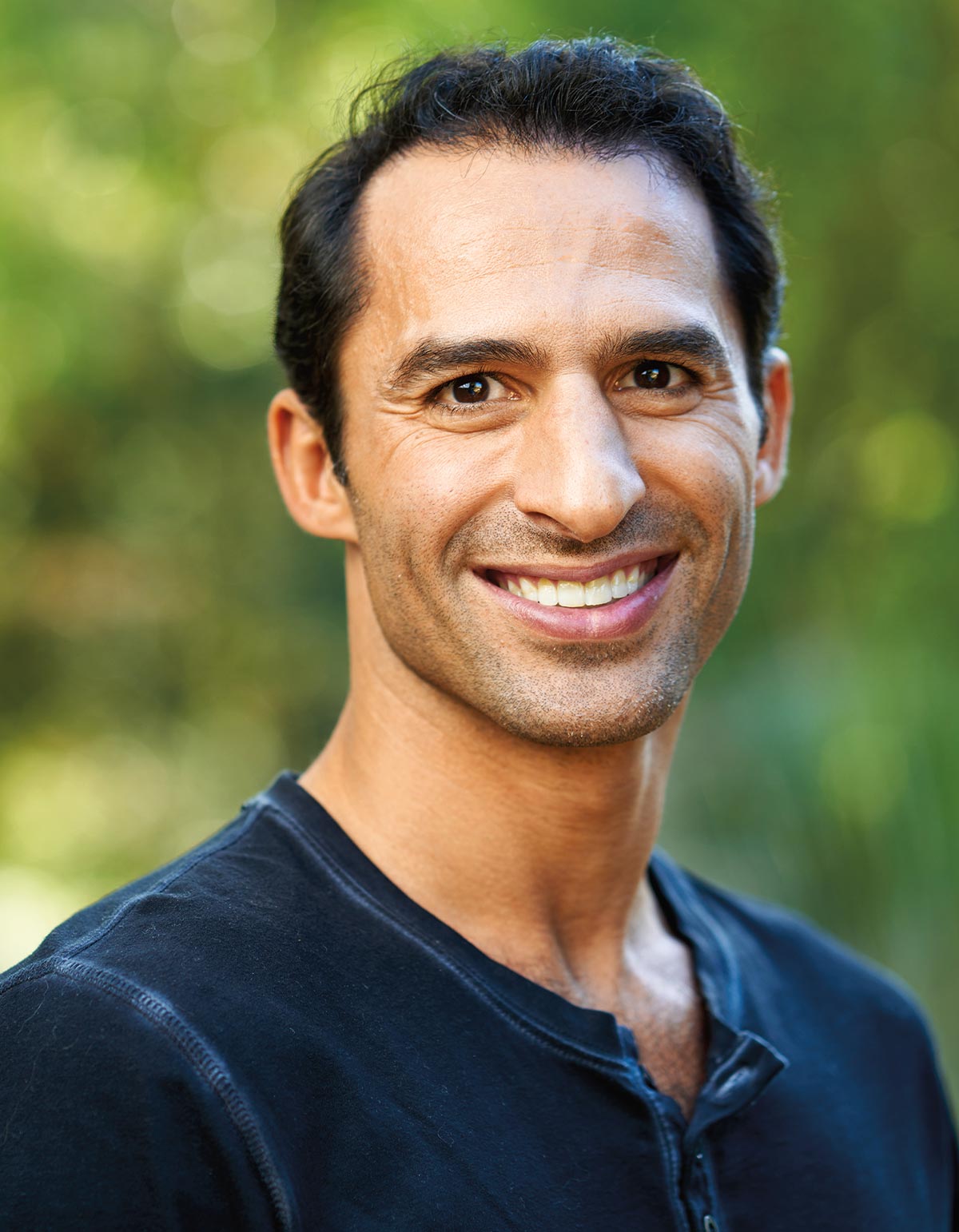Investing
in Animals
Aaron Hirschhorn ’99 spent his 30s in agony.
Two herniated discs left him with constant back pain, and no treatment seemed to work. Then, three years ago, he tried a procedure that involved removing stem cells from his bone marrow and injecting them back into his body.
“It basically cured my chronic back injury,” he says. “I was curious: How could something that worked so well not be known?”
Hirschhorn, an entrepreneur, had worked in the animal space as the founder of DogVacay, an app that was born out of a bad experience with a pet-sitter. He raised $47 million from investors, and in April 2017 sold the company to Rover.com. After his injury, he saw a chance to combine his interests in tech investing, animals, and healing.
“I realized there was this wide-open opportunity,” he says. “No one is doing the equivalent of cord-blood banking for dogs.”

HIRSCHHORN ’99
So Hirschhorn created Gallant, a venture capital-backed company that banks stem cells for dogs for therapies to treat future illnesses and injuries.
The Gallant scientists harvest stem cells from tissue that is normally discarded after a dog is spayed or neutered, eliminating the ethical or moral questions typically associated with embryonic stem cells.
The cells are banked and can be used to treat illnesses in dogs such as renal disease, osteoarthritis, liver disease, and intervertebral disc disease, similar to what Hirschhorn himself had.
The innovative company has made a national impression: In fall 2019, Hirschhorn pitched Gallant on the TV show Shark Tank, garnering a $500,000 deal with two of the investors.
Hirschhorn has made a career of finding solutions, whether it’s making pet-sitting easier and better or helping pets live healthier lives.
It’s a mindset he says he was able to create at Swarthmore.
“Every problem can be solved,” he says. “You just have to go about it systematically and passionately.”